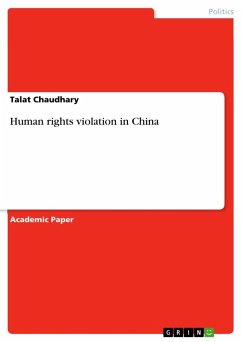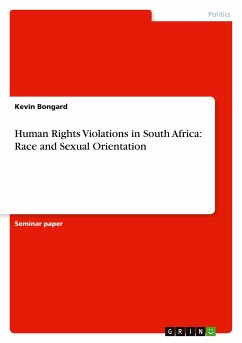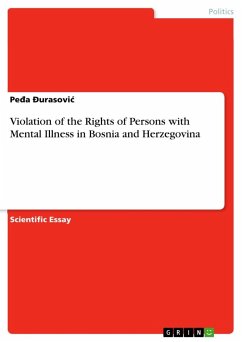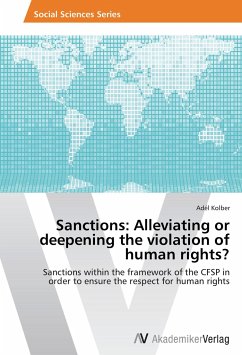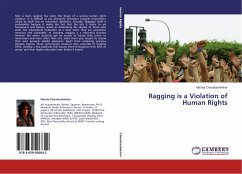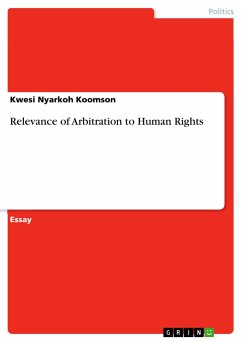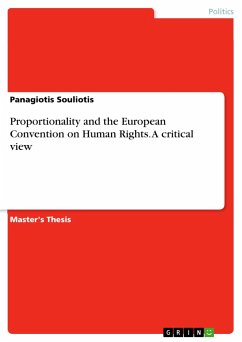Academic Paper from the year 2020 in the subject Politics - Topic: Public International Law and Human Rights, , course: Law, language: English, abstract: Human rights, a concept deeply ingrained in global discourse, serves as a cornerstone for evaluating the ethical foundations of societies and their treatment of individuals. This paper delves into the discourse surrounding human rights in the context of the People's Republic of China (PRC), exploring the historical evolution, ideological shifts, and incidents that have shaped its trajectory. While international attention on human rights violations in China has intensified over the years, the Chinese government's stance, rooted in notions of sovereignty and socialist principles, has presented a complex narrative.The paper unfolds chronologically, navigating through key milestones in China's human rights discourse. The Democracy Wall Movement in 1978-1979 and the Tiananmen Square protests of 1989 serve as pivotal moments that challenged the official stance on human rights, leading to international condemnation. The paper scrutinizes China's engagement with the United Nations, its signing and ratification of human rights conventions in the 1980s, and the subsequent realities that questioned the alignment of rhetoric with practice.China's approach to human rights is shaped by a unique blend of socialist ideology and historical context. The prioritization of economic and social rights over political rights, as articulated in official white papers, reflects a distinct emphasis on collective well-being. The paper critically examines China's assertion that the right to subsistence is the paramount human right, portraying human rights as a noble goal pursued by the state rather than a stringent set of obligations.Despite China's active involvement in international human rights frameworks, incidents such as the Tiananmen Square massacre expose a stark contrast between rhetoric and reality. The invocation of sovereignty as a shield against international criticism, a principle rooted in China's historical struggle for autonomy, adds layers of complexity to the discourse.This paper aims to unravel the intricacies of China's stance on human rights, examining the ideological underpinnings, historical developments, and the dissonance between rhetoric and actions. In subsequent sections, we will delve into specific incidents of human rights violations, shedding light on the challenges and contradictions that define the contemporary discourse on human rights in China.
Hinweis: Dieser Artikel kann nur an eine deutsche Lieferadresse ausgeliefert werden.
Hinweis: Dieser Artikel kann nur an eine deutsche Lieferadresse ausgeliefert werden.

